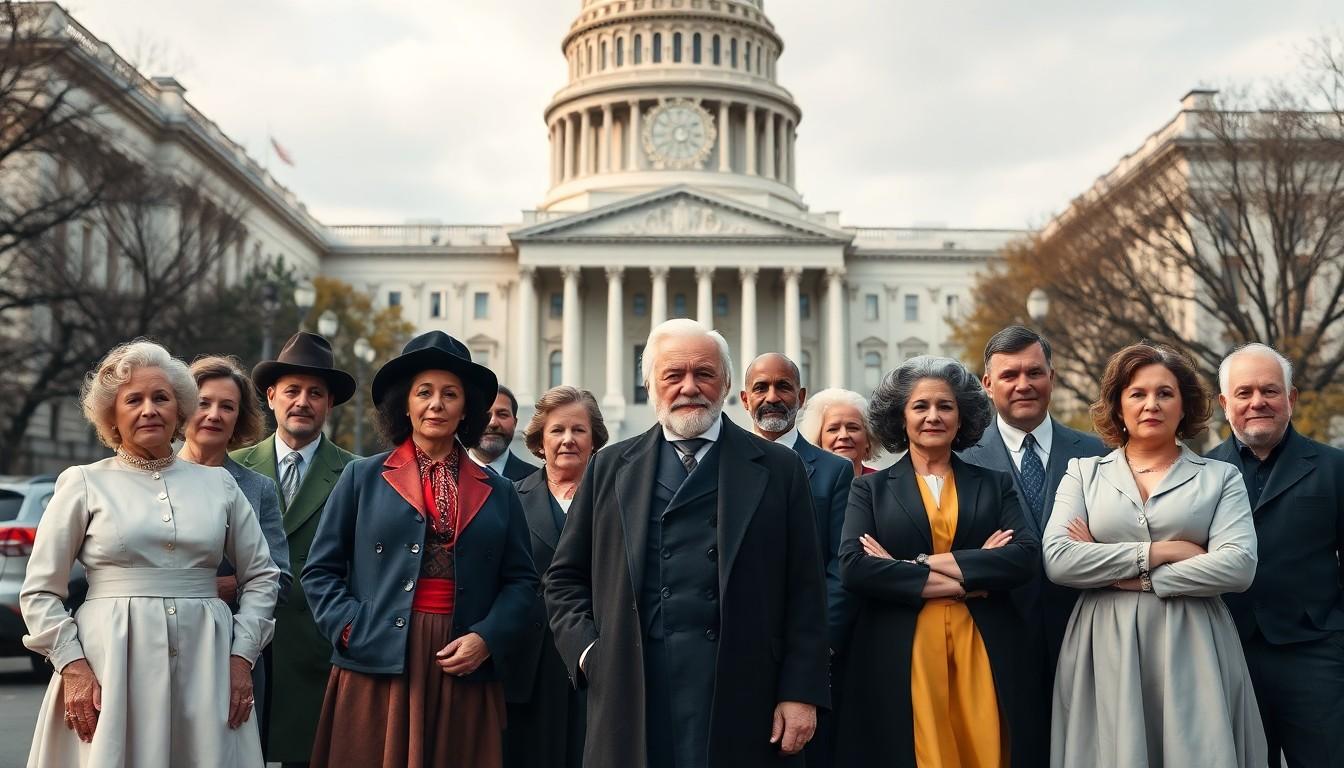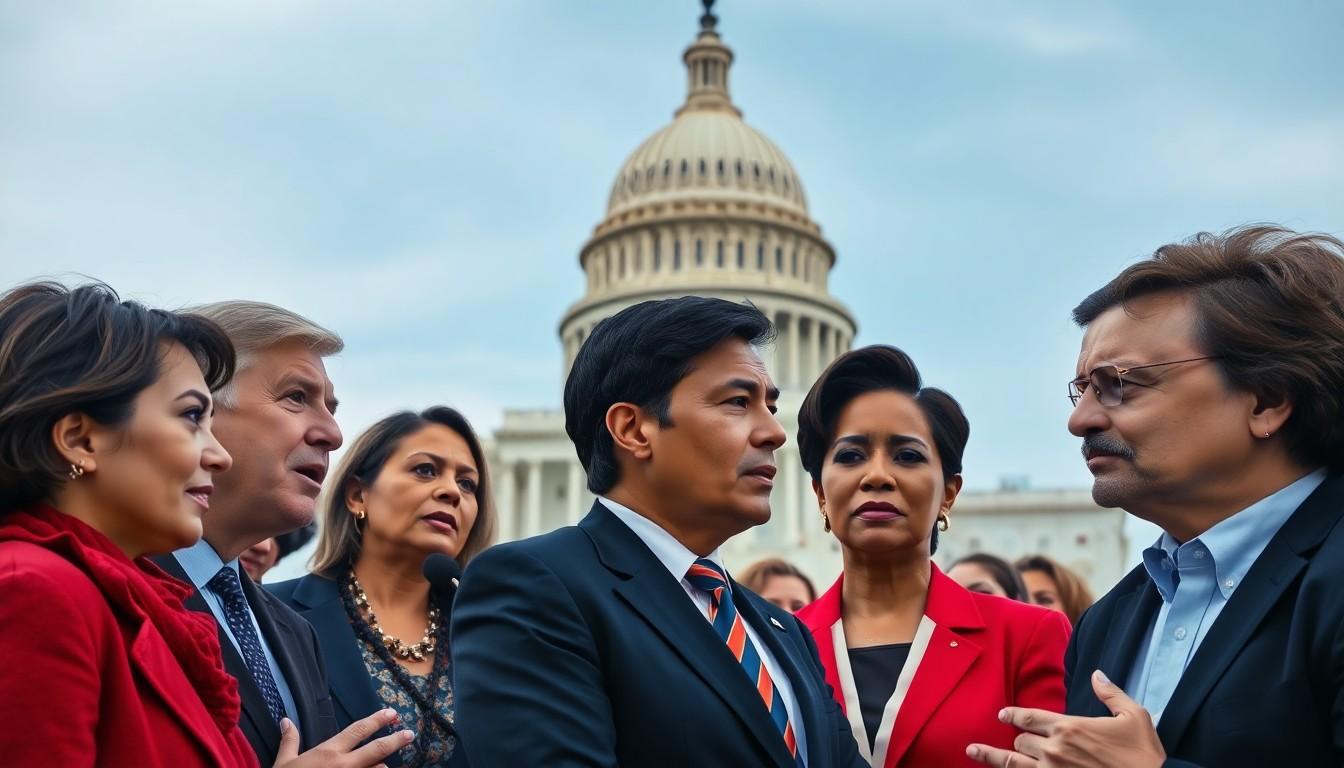Understanding the political background of a country is like trying to decipher a soap opera with plot twists and dramatic exits. It’s filled with colorful characters, unexpected alliances, and enough intrigue to keep anyone on the edge of their seat. From the founding fathers to modern-day leaders, each political backdrop shapes the nation’s identity and influences its future.
Understanding Political Background
Political background refers to the historical, social, and cultural contexts influencing a nation’s governance and political behavior. It encompasses events, ideologies, and key figures that shape a country’s political landscape.
Definition of Political Background
Political background defines the cumulative historical influences, events, and ideologies that contribute to a nation’s current political framework. Founders established early democratic principles, while wars and revolutions marked shifts in ideology. Political parties emerged, often reflecting the evolving needs and values of the populace. National policies and political practices stem from these foundational elements, creating a unique political identity.
Importance of Political Background
Political background plays a crucial role in understanding current governance and citizen participation. Historical events inform policy decisions and influence public opinion. Awareness of past leadership styles can guide future elections and reform initiatives. Social movements often arise from historical grievances, driving political engagement among citizens. Recognizing these elements strengthens democratic participation and fosters a more informed electorate.
Historical Context of Political Background

Understanding the historical context of a nation’s political background reveals the foundation upon which its current political landscape stands. Key events play a significant role in shaping governance and public sentiment.
Key Events Shaping Political Background
Revolutions and wars often trigger shifts in power structures. The signing of crucial documents, such as constitutions, formalizes governance. Elections can change leadership and policy direction dramatically. Social movements like civil rights campaigns influence legislation and elevate public awareness of social issues. Economic crises frequently compel governments to respond with reforms, altering long-standing political ideologies.
Influential Figures in Political History
Political figures throughout history leave lasting legacies. Founders of nations often set the tone for governance and citizen rights. Visionary leaders inspire social reforms and drive progress in various sectors. Activists challenge the status quo, demanding change and accountability. Contemporary politicians further shape policy and public opinion, reflecting ongoing societal values and expectations. Understanding these figures provides insight into the current political framework.
Current Political Background
The current political background reflects a dynamic interplay of ideologies and events that shape governance and public policy. Understanding this context is key to comprehending contemporary issues and voter behavior.
Overview of Modern Political Landscape
Modern political landscapes show significant polarization. Citizens often align with various ideologies, leading to intense debate on issues like healthcare, immigration, and climate change. Furthermore, grassroots movements gain traction, driving conversations around social justice and equity. Notably, digital platforms play a crucial role in shaping public discourse, enabling quicker dissemination of information. Evolving demographics also influence political priorities, as younger generations advocate for progressive policies. As a result, he or she witnessing these changes must navigate an increasingly complex environment that demands engagement and adaptability.
Major Political Parties and their Influence
Major political parties remain central to the political process. The Democratic Party prioritizes social reform and economic equality, emphasizing healthcare access and climate initiatives. On the other hand, the Republican Party often champions fiscal conservatism and traditional values, advocating for limited government intervention. Each party influences legislative agendas and election strategies, shaping public opinion through campaign platforms and voter outreach. Coalitions emerge around key issues, revealing shifts in voter alignment and ideologies. The presence of third parties, while often minimal, still contributes to broader discussions and proposals. Understanding party dynamics provides valuable insights into electoral outcomes and policy direction.
Impact of Political Background on Society
Political background significantly influences societal views and interactions. The historical events and leadership styles shape public opinion in noticeable ways. For instance, revolutions and landmark legislation often inspire movements that reflect societal values. Public sentiment evolves in response to political changes, prompting citizens to engage with issues more critically.
Political Background and Public Opinion
Shifts in political ideologies affect public opinion directly. Citizens form beliefs based on historical events and their consequences. Major events like civil rights movements have altered perceptions, promoting equality and justice. Surveys demonstrate that public perspectives on issues like healthcare and immigration often derive from a country’s political history. Recognizing these influences strengthens democratic engagement among citizens, fostering a more aware electorate.
Role of Media in Shaping Political Background
Media serves as a powerful force in shaping the political backdrop. News outlets influence how events are perceived, impacting public dialogue. Reports on key issues often frame political narratives, guiding citizen understanding. Social media platforms amplify voices and mobilize grassroots movements, allowing for discussions that challenge traditional narratives. In today’s digital age, media drives public discourse, reflecting and reinforcing the existing political landscape.
Conclusion
Understanding a nation’s political background is essential for grasping its current dynamics. The interplay of historical events ideologies and influential figures shapes governance and public sentiment. As political landscapes evolve citizens must engage critically with these changes to foster a more informed electorate.
The rise of grassroots movements and the impact of digital platforms underscore the need for active participation in shaping policy discussions. Recognizing the significance of political parties and their agendas further enriches the discourse. Ultimately a well-informed populace is pivotal for strengthening democracy and addressing the pressing issues of today.

